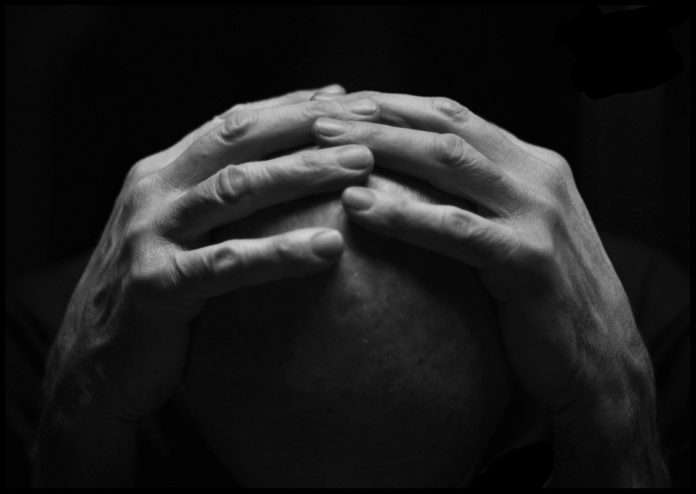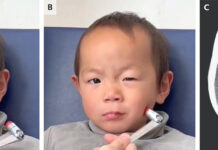A less acknowledged and overlooked condition is non-suicidal self-injury. Mental health is not taken seriously despite the rising incidences in the suicides and non-suicidal self-injuries.
Right after a public figure attempts suicides, a fire emerges only to end in smoke with little or no longterm impact. With the rise in awareness, mental health is gradually gaining attention.
It doesn’t end here. Mental health, per se, is an important issue, but the mental health of minorities is even more important as their voices are less heard despite the increased challenges and bullying they face.
One such example is that the rate of non-suicidal self-injury (NSSI) is six times more in bisexuals, who are a sexual minority, according to the University of Manchester researchers.
Studies and researches have found out that bisexual people have 6.07 times greater odds of NSSI compared to heterosexual people in the past 12 months. Over a lifetime, these odds are 4.57 times greater than heterosexual people.
Brendan Dunlop, the lead author, said:
“Self-injury can occur across all sections of society, cultures, genders, ages, and sexualities. However, mental health outcomes for bisexual people appear to be consistently worse than other sexual orientations.”
Dunlop, with a team of psychologists, is investigating the relationship between the NSSI and bisexuality, especially in the younger population between ages 16 and 25.
According to some of the researches, bisexual people with anxiety and depression are more prone to inflict self-injury.
“Self-injury often shows an individual is in distress or struggling with overwhelming emotions. But it can also have physical consequences, such as infection and scarring, and increase the risk of other high-risk behaviour, including suicide. It’s important we understand why this behaviour occurs, so we can identify ways of better supporting those who struggle with self-injury,” said Dunlop
He added:
“We do recognise, however, that bisexual people may not always attend groups or
services because of difficulties of biphobia or difficulties with feelings of
belonging within the LGBTQ+ community. So alternative means may be necessary to
reach them, such as links to mental health support on online, posters aimed at
bisexual people displayed in LGBTQ+ venues and support services engaging
directly with the bisexual community. Educational and voluntary organisations
could play a role in supporting bisexual people who may present with these
difficulties.”
After the cases of bisexual people involved in self-injury have been highlighted, there is a dire need to look deeper into it and provide moral, professional. and educational support to bring down the figures.




